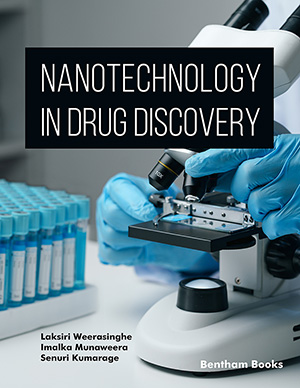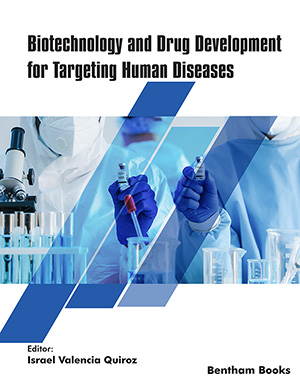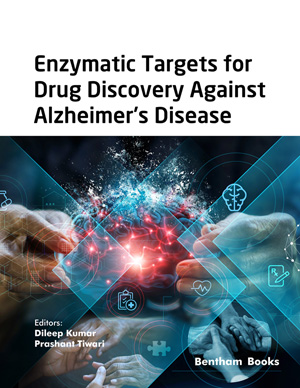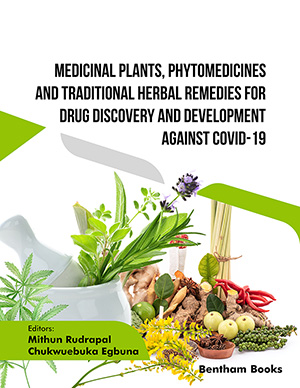Abstract
Aims: This study aims to investigate the role of glyoxal modified LDL in the immunopathology of diabetes and cardiovascular disease.
Background: Glycoxidation of proteins is widely studied in relation to diabetes and cardiovascular disease.
Objective: This study probed the glyoxal mediated modifications in LDL, analyzed the immunogenicity of the glycated LDL and ascertained the presence of circulating antibodies against modified LDL in patients with type 2 diabetes mellitus (T2DM), coronary artery disease (CAD) and patients with both (T2DM+CAD).
Methods: Glyoxal mediated modifications in LDL were studied by multiple spectroscopic techniques, high-performance liquid chromatography and electron microscopy. Immunization studies were carried in New Zealand rabbits. The presence of antibodies against glyoxal modified LDL in immunized rabbits and human subjects was analyzed by ELISA.
Results: Glyoxal altered the structural integrity of LDL and led to the formation of AGEs. It decreased the alpha-helix content of LDL; increased β sheet formation, increased carbonyl content and decreased free lysine and arginine content. Modified LDL showed aggregation, generation of of Nε- (Carboxymethyl) lysine and the formation of amorphous type aggregates. It exhibited high antigenicity and generated a specific immune response that shared common antigenic determinants with other glycated proteins. Direct binding data showed the presence of anti-glyoxal modified LDL antibodies in patients with T2DM, CAD and patients with both T2DM and CAD. Further analysis in competitive binding assay revealed specific binding characteristics of auto-antibodies. Sera from patients with T2DM+CAD exhibited the highest binding with glyoxal modified LDL.
Conclusion: Glyoxal-modified LDL has neo-antigenic determinants that cause the generation of circulating antibodies in diabetes and coronary artery disease. The study might have potential relevance in biomarker development.
Keywords: Glyoxal, LDL, Glycation, type 2 diabetes mellitus, coronary artery disease, autoimmunity.






























